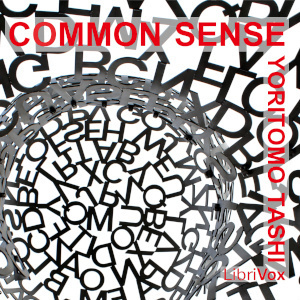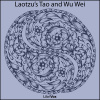Yoritomo Tashi - Common Sense, How to Exercise It
Yoritomo Tashi
100%
Speed
Philosophy
1.3K
Summary
One of three seminal philosophical works by the twelfth century Japanese Shogun, Yoritomo-Tashi. (From the Preface) He knows how to clothe his teachings in fable and appealing legend, and his exotic soul, so near and yet so far, reminds one of a flower, whose familiar aspect is transmuted into rare perfume.By him the sternest questions are stripped of their hostile aspects and present themselves in the alluring form of the simplest allegories of striking poetic intensity.
When reading his works, one recalls unconsciously the orations of the ancient philosophers, delivered in those dazzling gardens, luxuriant in sunlight and fragrant with flowers.
In this far-away past, one sees also the silhouette of a majestic figure, whose school of philosophy became a religion, which interested the world because it spoke both of love and goodness.
But in spite of this fact, the doctrines of Yoritomo are of an imaginative type. His kingdom belongs to this world, and his theories seek less the joys of the hereafter than of that tangible happiness which is found in the realization of the manly virtues and in that effort to create perfect harmony from which flows perfect peace.
He takes us by the hand, in order to lead us to the center of that Eden of Knowledge where we have already discovered the art of persuasion, and that art, most difficult of all to acquire—the mastery of timidity.
Following him, we shall penetrate once more this Eden, that we may study with Yoritomo the manner of acquiring this art—somewhat unattractive perhaps but essentially primordial—called Common Sense. — Summary by B. Dangennes.
Authorization
By logging in, you agree to the terms and conditions.












No comments